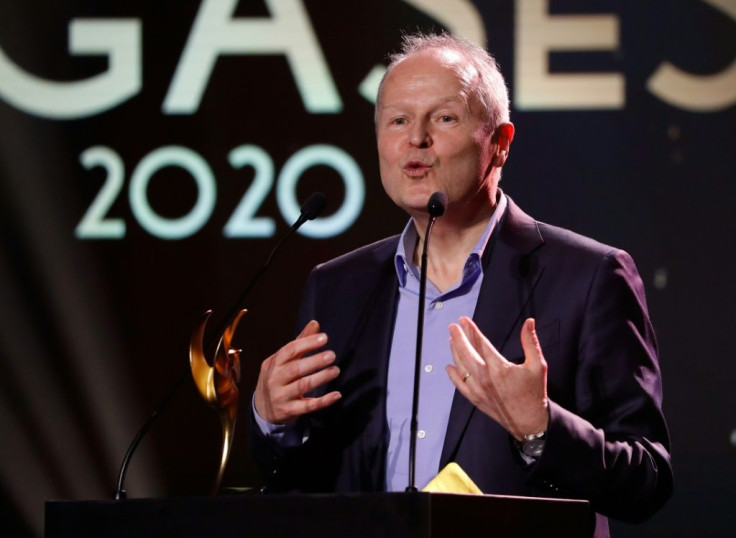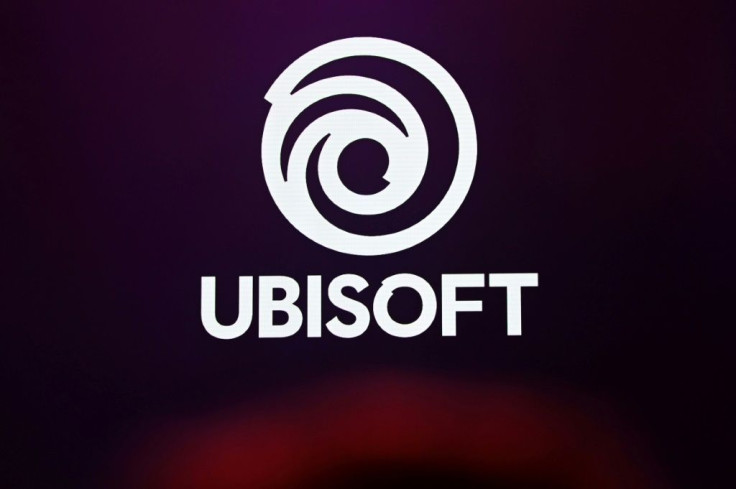Climate Of Fear At Gaming Firm Ubisoft's Montreal Office
Sexist behavior, discrimination, complaints that go ignored: employees at Ubisoft Montreal, which bills itself as the world's largest gaming studio, tell of a "climate of terror" as the French group struggles with a sexual harassment scandal.
One former employee, who asked to remain anonymous, wrote to AFP that working on the company's flagship Far Cry franchise cost her "two burnouts, psychological and sexual harassment and humiliation, and human resources never bothered to listen to me."
She spent several years working on the first-person shooter, developed in the red brick premises of Ubisoft's Montreal studio.
On a team that she described as one of the most toxic in the massive studio of 3,000 people, the worker said she had to put up with comments on her appearance and her emotional state.
She said she also received inappropriate overtures from a manager -- with a potential promotion at risk.
The "climate of terror" was so bad that she is still worried about repercussions on her career, even now that she has moved on.
"When simple artists like us try to defend ourselves against directors, it's almost impossible for our voices to be heard," the woman said.

Her comments correspond to a dozen others that AFP has obtained and cross-checked since the end of June, when testimonies started appearing on social media, first in the world of video games and then more specifically targeting the French group.
With 18,000 employees worldwide -- 20 percent of whom are women on production teams -- Ubisoft has since announced it would turn over a new leaf. In a press release, CEO Yves Guillemot promised "major changes in corporate culture."
But at Ubisoft, sexism "is something that's endemic, not just in Montreal," said a long-time employee. As soon as she arrived at the Montreal office, a team leader told her he had hired her "because she was cute," but to "everyone's surprise you do your job well."
After years of working, she realized there would be "no possibility of advancing," she said.
"After nine years in the industry, I was being paid less than men who started two years ago," she added.
She recalled "a programmer who had his hand halfway down his pants," and insistent glances. One day, she discovered a mailing list describing the outfits of female employees "so guys can go take a look."

"I'm pretty sure this mailing list still exists," she said.
The atmosphere in the studio was "work hard, play hard," another employee explained, which "creates a climate that is not safe, where inhibitions are lowered and people engage in predatory behavior."
The line between work and play was blurry, she said, recalling that from 4.00 pm on Fridays, staff would buy beers and bring them back to the office.
During a party in winter, she recalled being "regularly pinched on the butt and breast" while passing from one building to the next via an outdoor corridor, something she at first considered "harmless but that then evolves into other things."
A different woman, who joined Ubisoft in 2015, told AFP a group of female colleagues took her aside when she started "and just named people and said, 'You don't sit alone with them, you don't go have coffee with them, you don't go into a room alone.'"
Later, when a male coworker asked her out, she politely turned him down. "He made me understand that you don't refuse. I was shocked," she said.
In that first year, the spurned colleague made advances on her for more than two months, following her to the kitchen and commenting on her clothing.
"If he needed to come and see me, instead of coming and talking to me, he would touch my shoulders," she said.
Part of the problem, she noted, is how human resources responded. While some in the department were helpful, others saw complainants as "a girl who doesn't take advances well and can't manage her stress."
"At Ubisoft, people who do bad things are, unfortunately, protected. They are often highly placed, and if you go to human resources or to managers, they usually do nothing," said another former employee.
"If there's a problem, the person in question gets promoted. And if you ask questions about pay equity, they just tell you they can reduce your responsibilities so you have less stress," she said.
"That's when I left Ubisoft."
© Copyright AFP 2024. All rights reserved.





















